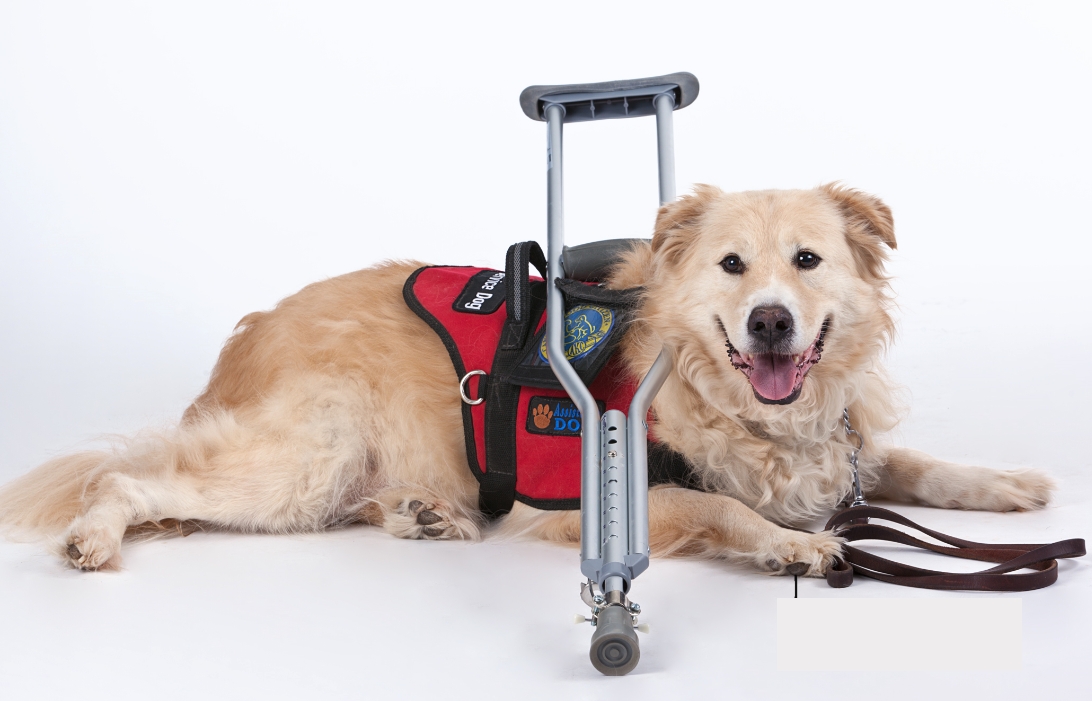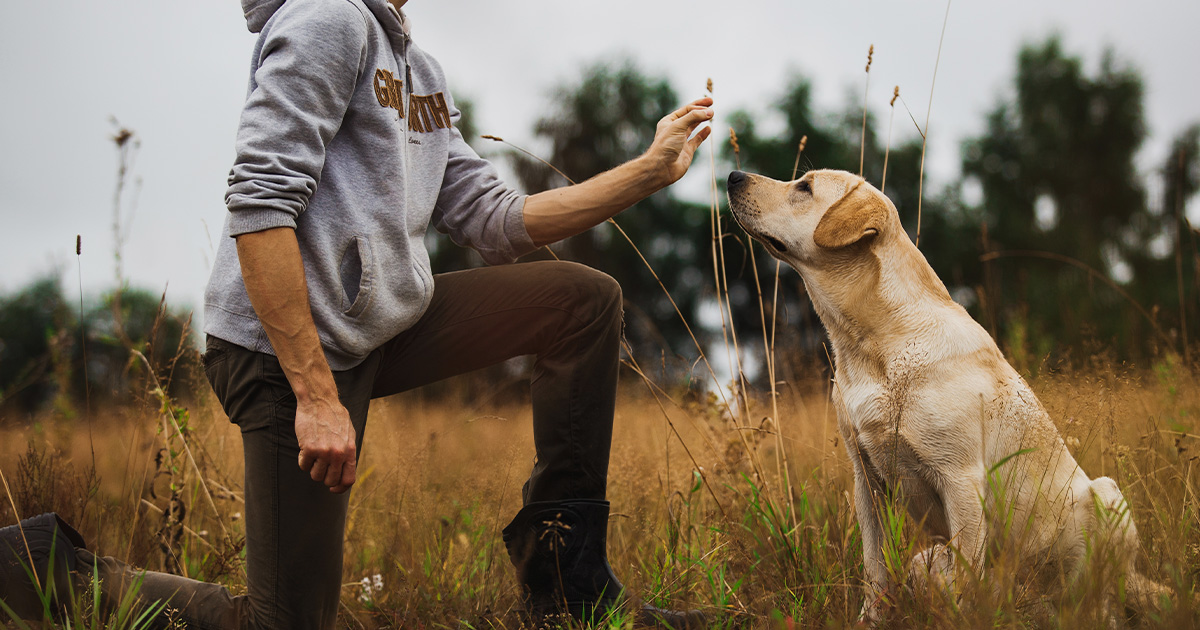Expert Dog Training Services to Help Your Pet Learn New Skills
Expert Dog Training Services to Help Your Pet Learn New Skills
Blog Article
Transform Your Canine's Habits With Proven Training Methods
Changing your canine's actions requires a nuanced understanding of their specific attributes and demands, as well as the application of proven training methods. Uniformity in your training technique not just improves obedience however likewise fosters a deeper bond of count on and regard in between you and your pet.

Comprehending Canine Actions
Comprehending pet habits is necessary for effective training and interaction between people and their canine friends. Pet dogs, as social pets, exhibit a series of habits influenced by genetics, environment, and experiences. Identifying these habits assists owners customize their training approaches to meet the details demands of their pet dogs.
Trick aspects of pet habits include body movement, articulations, and social interactions. As an example, a wagging tail typically indicates enjoyment, while a decreased head might signal submission or concern. Recognizing these signals can aid owners analyze their pet's mood and react properly. In addition, socializing plays an important role fit actions; pets that communicate favorably with numerous individuals and other animals are typically extra versatile and well-adjusted.
In addition, identifying anxiety signals-- such as pacing, evasion, or panting behaviors-- can prevent rise into much more major concerns. Owners that are attuned to their canine's actions can produce a nurturing and risk-free setting, fostering trust fund and enhancing the training procedure. Eventually, a deep understanding of canine actions lays the foundation for a harmonious relationship and effective training end results, making sure both pet dogs and their owners prosper together.
Positive Support Methods
Positive support methods are extensively recognized as one of one of the most efficient approaches for training canines, cultivating a favorable discovering setting. This strategy involves fulfilling wanted habits with treats, appreciation, or play, consequently encouraging the pet to repeat those behaviors (Dog training). Unlike punitive approaches, favorable reinforcement develops depend on and strengthens the bond in between the instructor and the pet dog
Rewards need to be given immediately adhering to the wanted behavior to assist the canine make the connection. Consistency is likewise essential; using the very same commands and rewards helps the canine understand what is expected.
It is necessary to note that favorable reinforcement is not regarding bribery; instead, it has to do with reinforcing etiquette. Gradually, as the canine discovers to associate details activities with favorable end results, the frequency of benefits can be slowly minimized, transitioning to spoken praise or recurring benefits. This technique not only motivates obedience yet likewise promotes a happy and positive pet dog, making training a more delightful experience for both parties included.
Resolving Typical Problems
Addressing common issues throughout canine training is vital for making sure a unified and successful partnership in between the dog and its proprietor. Many pet dog proprietors experience behavioral challenges, such as excessive barking, leaping, and leash drawing. Recognizing the source of these behaviors is critical for efficient training.
To mitigate this, provide sufficient physical exercise, mental excitement, and possibilities for social interaction with both humans and various other pet dogs. Educating the canine to sit upon welcoming can reroute this behavior positively.
Chain drawing is another common problem, often resulting from a pet's enthusiasm to check out. Utilizing proper leash managing methods, combined with training methods that motivate loose-leash strolling, can dramatically boost this behavior.
On top of that, problems like resource safeguarding or separation stress and anxiety need customized approaches. Steady desensitization and counter-conditioning can be reliable in attending to these difficulties. By identifying and proactively taking care of these typical issues, pet proprietors can foster a much more delightful training experience and strengthen the bond with their canine buddies.
Uniformity in Training
Consistency is a cornerstone of efficient canine training, as it establishes a clear structure for the pet to recognize habits and assumptions. anchor When commands, signs, and incentives are applied consistently, canines can extra conveniently understand what is required of them. Inconsistent training can cause complication, resulting in undesirable actions that annoy both the canine and the fitness instructor.
To achieve uniformity, it is essential that all members of the family abide by the same training techniques. For instance, making use of the exact same spoken signs and hand signals makes sure that the dog gets uniform messages. Furthermore, the timing of modifications and benefits should be consistent; prompt support enhances the chance that the canine will certainly associate the habits with the end result.
Regular method sessions, coupled with organized timetables for feeding, strolling, and play, aid canines prepare for and comprehend their setting, making them more receptive to training. Eventually, uniformity fosters a feeling of protection and trust fund, encouraging pet dogs to find out a lot more successfully.
Building a Strong Bond
How can fostering a solid bond between a canine and its proprietor boost the training experience? A strong relationship built on depend on and regard works as the foundation for reliable training. When a pet dog really feels safe and secure in its link with its proprietor, it is most likely to show positive actions and be responsive to learning. This bond urges the pet dog to involve totally in training sessions, as it checks out the proprietor as a resource of support and support.

Additionally, a reputable link can minimize stress and anxiety and behavioral issues, as canines are less most likely to act out when they feel understood and taken care of. For that reason, focusing on the development of a strong bond not only improves the training experience yet also adds to a better and a lot more well-adjusted canine. Ultimately, the journey of training transforms into a collective partnership, bring about lasting behavioral enhancements.
Verdict
 check my source training Rochester NY
check my source training Rochester NYPuppy Training"/>
Owners that are attuned to their pet dog's actions can develop a risk-free and nurturing atmosphere, fostering count on and improving the training procedure. Eventually, a deep understanding of canine actions lays the foundation for an unified partnership and effective training results, ensuring both pets and their proprietors thrive with each other.
Addressing common issues during pet dog training is necessary for ensuring a unified and effective connection between the pet and its proprietor (Dog training).Uniformity is a keystone of effective pet dog training, as it develops a clear structure for the dog to recognize expectations and actions.In final thought, transforming a dog's habits with confirmed training methods calls for an understanding of canine behavior, the application of favorable reinforcement strategies, and a focus on uniformity
Report this page